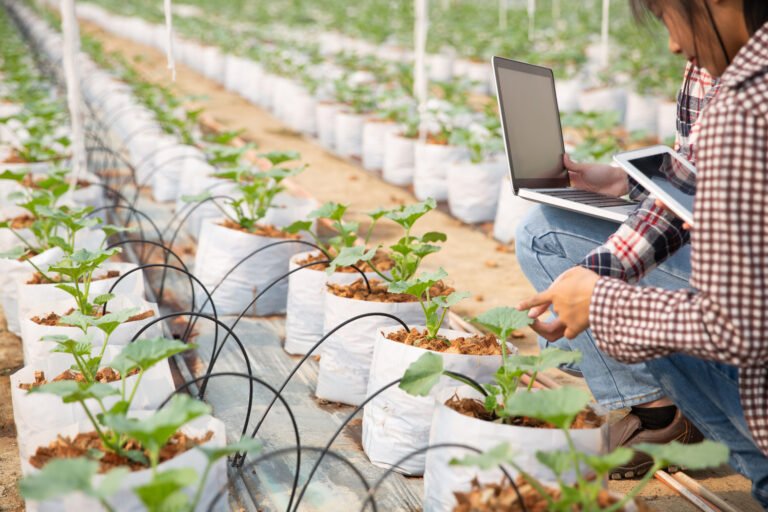
In a world facing rapid population growth and climate change, sustainable agriculture technologies are revolutionizing how we grow food. Farmers and innovators are embracing new tools and techniques that maximize productivity while minimizing environmental impact. From Hydroponics and Aquaponics to Precision Agriculture and Smart Farming, these advancements are shaping the future of global food security.
Let’s explore the top 10 sustainable agriculture technologies that are transforming the future of farming.
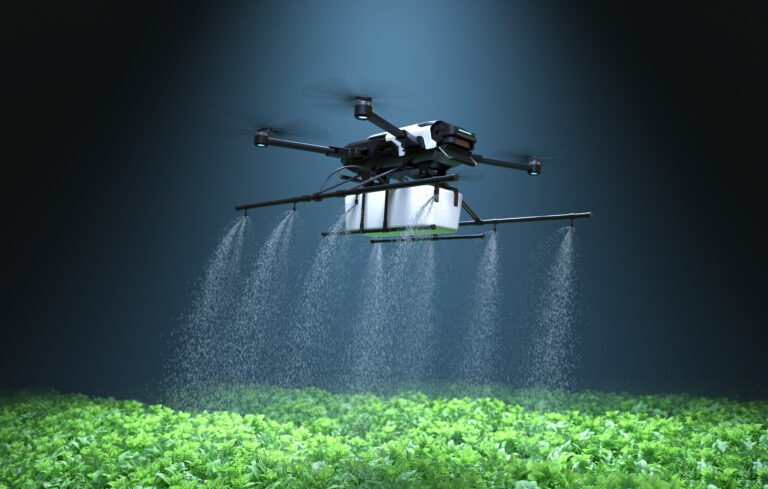
1. Precision Agriculture
Precision Agriculture uses data-driven tools like GPS, sensors, and AI to optimize field-level management of crops. By analyzing soil conditions, water levels, and crop health, farmers can make informed decisions to reduce waste and improve yield.
This technology ensures that every drop of water and ounce of fertilizer is used efficiently. Precision Agriculture not only increases productivity but also reduces carbon emissions, making it one of the most promising sustainable agriculture technologies for modern farmers.
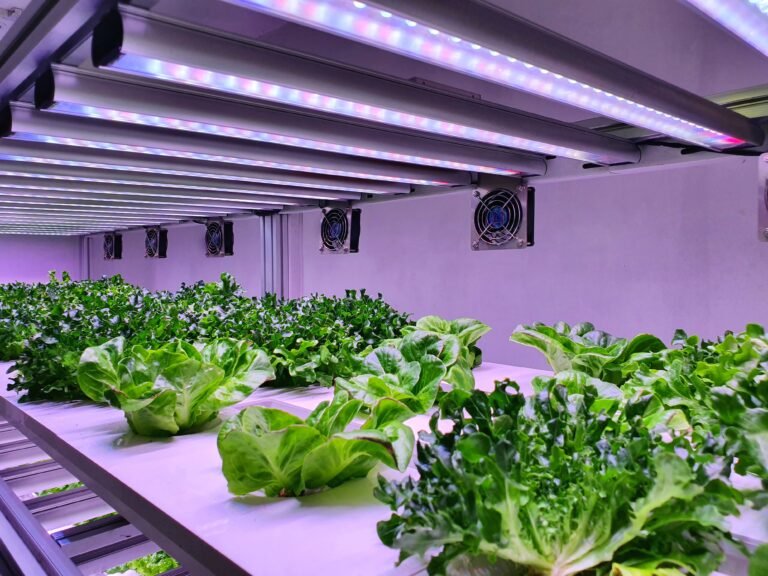
2. Hydroponics and Aquaponics
Among the most popular sustainable agriculture technologies, Hydroponics and Aquaponics systems eliminate the need for soil.
- Hydroponics grows plants in nutrient-rich water solutions.
- Aquaponics combines aquaculture (fish farming) with hydroponics, where fish waste provides nutrients for plants.
These systems save up to 90% more water than traditional farming and can be used indoors or in urban areas. As the global population rises, Hydroponics and Aquaponics offer a sustainable solution for producing fresh vegetables year-round.
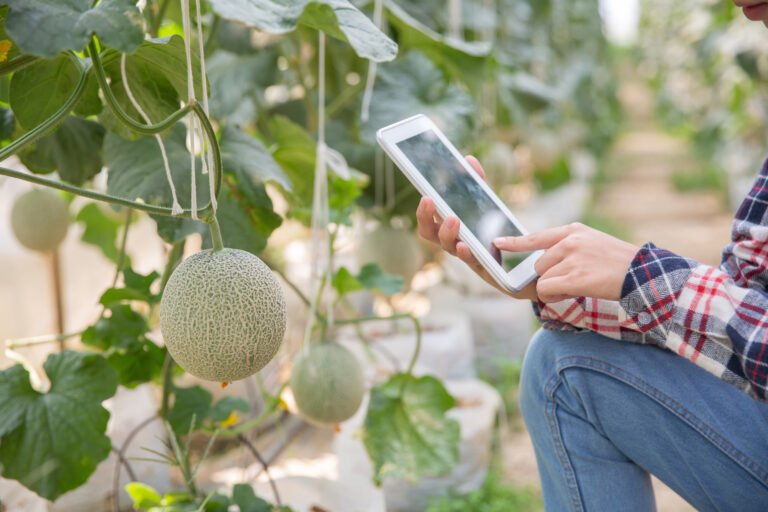
3. Smart Farming with IoT (Internet of Things)
Smart Farming leverages IoT devices, sensors, and automation to monitor and control agricultural activities in real-time. Farmers can track soil moisture, weather patterns, and crop health remotely using mobile applications.
For instance, IoT sensors can automatically trigger irrigation when soil gets dry. This ensures optimal water use and reduces human error. Smart Farming enhances efficiency, minimizes labor costs, and promotes sustainable resource management.
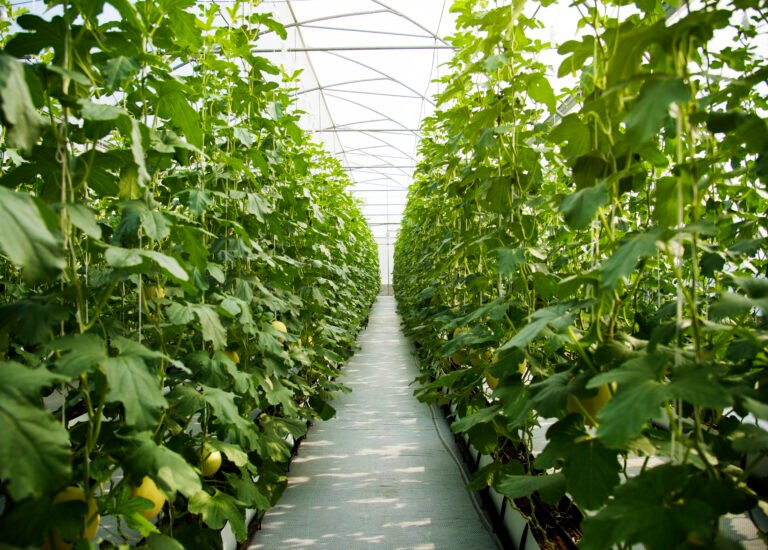
4. Vertical Farming
Vertical farming involves growing crops in stacked layers, often in controlled indoor environments. Using LED lights and climate control, vertical farms maximize space usage and reduce dependency on traditional land-based agriculture.
This method consumes less water and eliminates the need for harmful pesticides. It’s an eco-friendly, high-yield approach — an ideal example of sustainable agriculture technologies reshaping urban food systems.
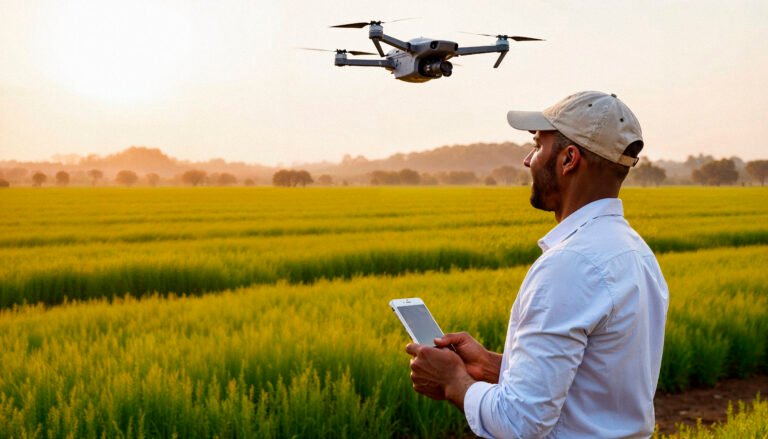
5. Drone Technology in Agriculture
Drones are now an integral part of Precision Agriculture and Smart Farming. They capture real-time aerial data, helping farmers monitor crop growth, detect diseases, and analyze soil health.
With the help of drones, farmers can:
- Assess large fields quickly
- Apply fertilizers or pesticides with precision
- Identify nutrient deficiencies early
By reducing manual labor and chemical usage, drones make agriculture more sustainable and cost-efficient.

6. Artificial Intelligence and Machine Learning
AI and machine learning are powering the next generation of sustainable agriculture technologies. These tools analyze big data from farms to predict crop yields, detect pests, and optimize planting schedules.
For example, AI-based models can detect early signs of crop stress or disease through image recognition. Farmers can then take preventive actions, reducing waste and improving yield quality. Integrating AI with Precision Agriculture ensures smarter, data-driven decisions.
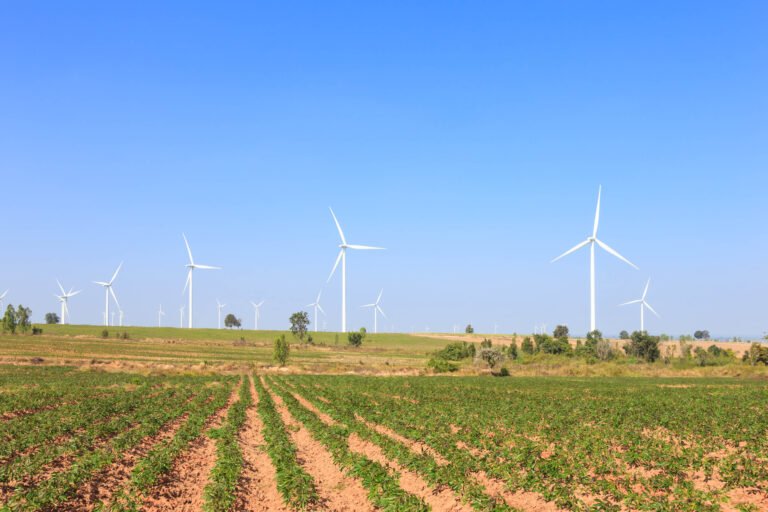
7. Renewable Energy in Farming
Sustainability extends beyond soil and crops — it includes how energy is used on farms. Solar panels, wind turbines, and biogas systems are now powering farms sustainably.
By adopting renewable energy sources, farmers can reduce carbon emissions and lower operational costs.
Combining renewable energy with Smart Farming systems makes agricultural operations more resilient and eco-friendly.
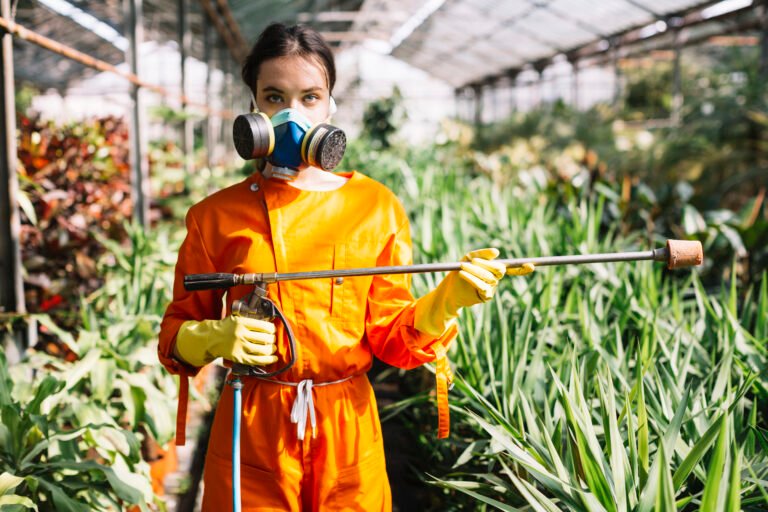
8. Advanced Pest Management Systems
Advanced Pest Management involves using biological control agents, pheromone traps, and AI-driven monitoring systems instead of chemical pesticides. These systems identify pest populations early and recommend targeted interventions.
This sustainable approach maintains ecological balance, protects pollinators, and prevents soil degradation. As part of the larger ecosystem of sustainable agriculture technologies, advanced pest management ensures healthy crop production without harming the environment.
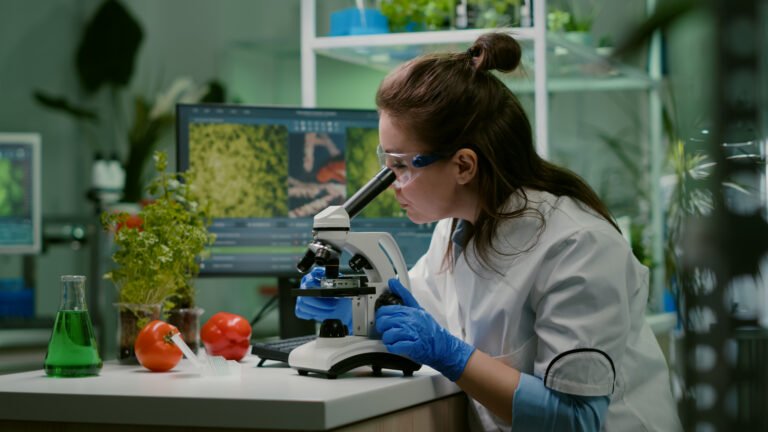
9. Biotechnology and Genetic Engineering
Modern biotechnology has introduced drought-resistant, pest-resistant, and high-yield crop varieties. Through genetic engineering, scientists develop crops that require fewer inputs and withstand harsh climates.
While biotechnology often sparks debate, its role in sustainable agriculture is undeniable. It supports Precision Agriculture by reducing dependency on chemical fertilizers and pesticides, ultimately enhancing food security.
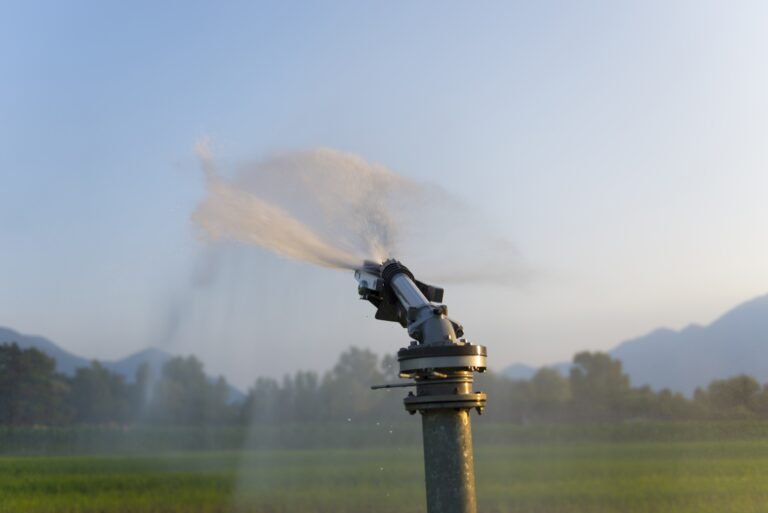
10. Water-Saving Irrigation Systems
Efficient water management is at the heart of sustainability. Technologies such as drip irrigation, micro-sprinklers, and automated moisture sensors ensure optimal water use.
These smart irrigation systems minimize waste and prevent overwatering, which depletes groundwater resources. Coupled with Smart Farming solutions, they make agriculture more resilient to climate change.
Why Sustainable Agriculture Technologies Matter
The adoption of sustainable agriculture technologies is not just a trend—it’s a necessity. Traditional farming methods are resource-intensive and environmentally damaging. By embracing innovation, farmers can:
- Reduce resource consumption
- Improve crop resilience
- Enhance food quality and nutrition
- Lower greenhouse gas emissions
Moreover, technologies like Hydroponics and Aquaponics, Precision Agriculture, and Smart Farming allow for year-round food production, even in non-arable areas.
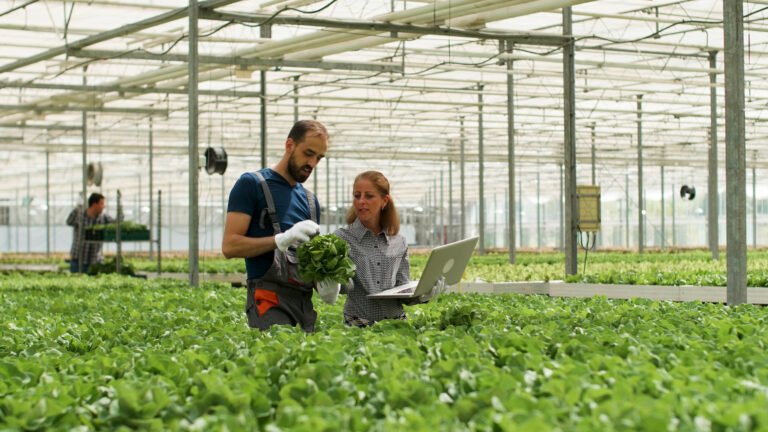
Future of Sustainable Farming
The future of farming lies in combining innovation with responsibility. As technology continues to evolve, more advanced solutions will emerge—AI-powered crop management, robotics for automated harvesting, and blockchain for food traceability.
By integrating Precision Agriculture, Advanced Pest Management, and Smart Farming, the agricultural industry can create a future where productivity and sustainability coexist.
Conclusion
Sustainable agriculture technologies are reshaping how we produce food while protecting the planet. Whether it’s Hydroponics and Aquaponics, Precision Agriculture, or Smart Farming, these innovations ensure that future generations inherit a greener and more food-secure world.
By embracing these technologies today, we take one step closer to achieving sustainable food systems for tomorrow.
1. What are sustainable agriculture technologies?
They are innovative farming methods and tools designed to increase productivity while conserving resources and protecting the environment.
2. How does Precision Agriculture help farmers?
It allows farmers to make data-based decisions, improving crop yields and reducing waste through targeted resource use.
3. Are Hydroponics and Aquaponics eco-friendly?
It allows farmers to make data-based decisions, improving crop yields and reducing waste through targeted resource use.
